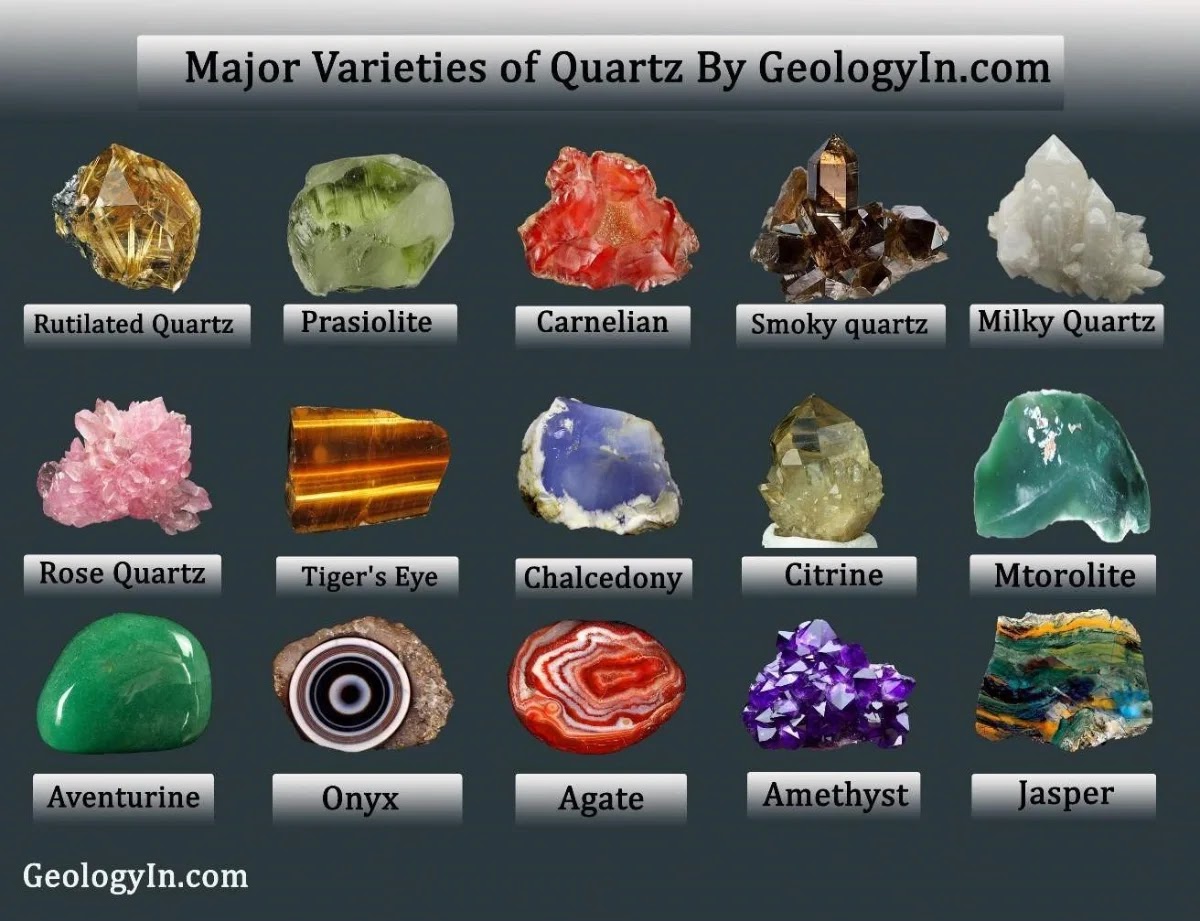Canadian Sapphires Fit for a Queen Now Unearthed
 |
| Sapphire Rough |
New Research Could Make It Easier to Find High-quality Canadian Sapphires
New research from UBC mineralogists could make it easier to find high-quality Canadian sapphires, the same sparkling blue gems that adorn Queen Elizabeth II's Sapphire Jubilee Snowflake Brooch.
The so-called Beluga sapphires were discovered near Kimmirut, Baffin Island, Nunavut by brothers Nowdluk and Seemeega Aqpik in 2002. The location is Canada's only known deposit of sapphires. The gems form the basis of the ceremonial brooch given to the Queen last week by Canada's Governor General David Johnston.
"These occurrences are the first reported sapphires hosted in this type of marble-related deposit," says Philippe Belley, a graduate student at the University of British Columbia. "We've discovered that it takes a fairly specific sequence of pressure and temperature events to create these gems. It's essentially a recipe."
The researchers compared this information to regional data to pinpoint the most promising areas for sapphire exploration. Those areas are expected to occur near a fault that separates the Lake Harbour Group and Narsajuaq terranes. A terrane is a fault-bounded area or region with a distinctive stratigraphy, structure, and geological history.
"This research has enabled us to identify the areas of greatest potential for Kimmirut-type sapphire deposits in southern Baffin Island, which will facilitate gemstone exploration in this part of the Arctic," says Groat, a UBC expert on gem deposits. "But it's also a deposit model that can be applied to exploration worldwide."
Sapphires are usually cut and polished into gemstones for jewelry. The Beluga sapphires are typically a striking blue, but are sometimes yellow or colourless. The Queen's Sapphire Jubilee Snowflake Brooch consists of 48 Beluga sapphires, along with 400 diamonds from northern Canada, all set in Canadian white gold. Sapphires range in price from US$200 to $2,000 per carat.
The above story is based on Materials provided by University of British Columbia.

%20(1).webp)






